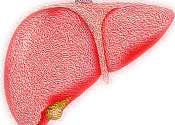It takes a sugar to catch a sugar
After every meal, the hormone insulin is released into the bloodstream, issuing instructions to target cells to begin taking up excess sugar. In some situations, however, cells stop responding to these signals; and this insulin-resistant ...
Dec 2, 2011
1
0




